Posted on 10/10/2023
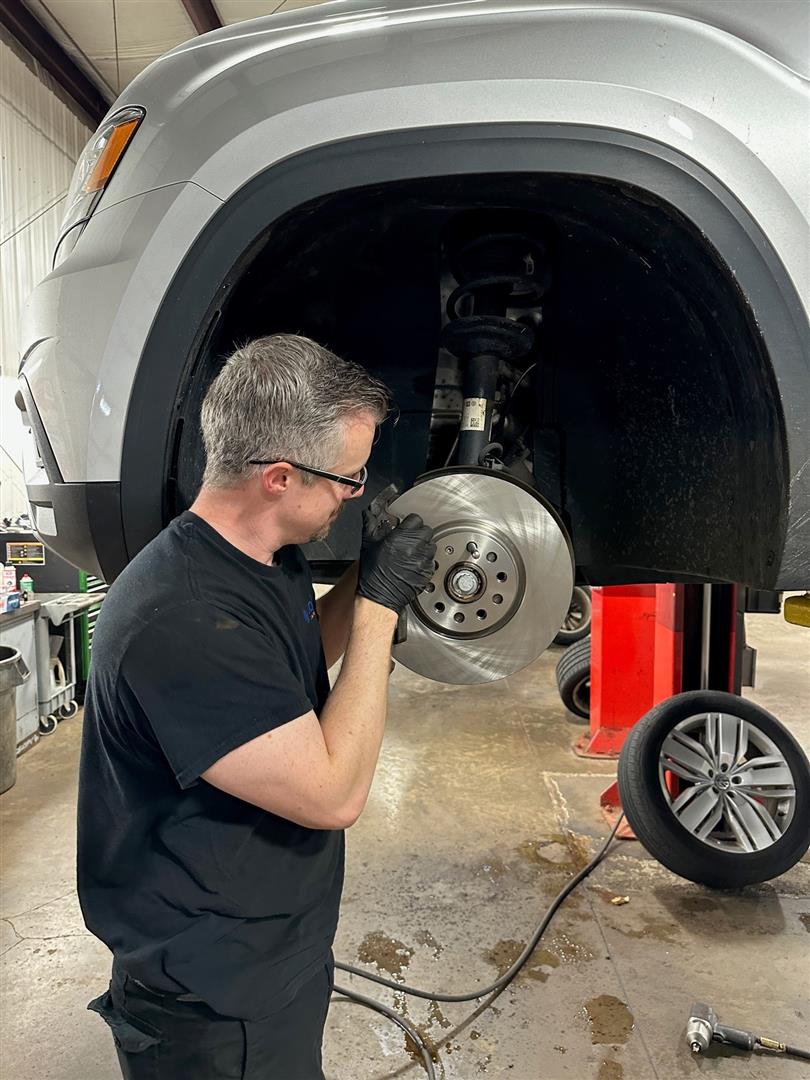
Vehicle maintenance is crucial to extend its lifespan. And prevent costly repairs down the road. That’s where preventative maintenance comes in. Preventative maintenance helps prevent potential issues from becoming bigger problems. Let's take a closer look at what exactly preventative maintenance is, why it’s important, and some practical tips you can follow. What is preventative maintenance? Preventative maintenance involves routine services like oil changes, tire rotations, and brake inspections. These services aim to prevent issues from becoming serious problems. By keeping up with these regular checks, you can extend the life of your vehicle. And avoid costly repairs down the road. Why is preve ... read more
Posted on 9/18/2023
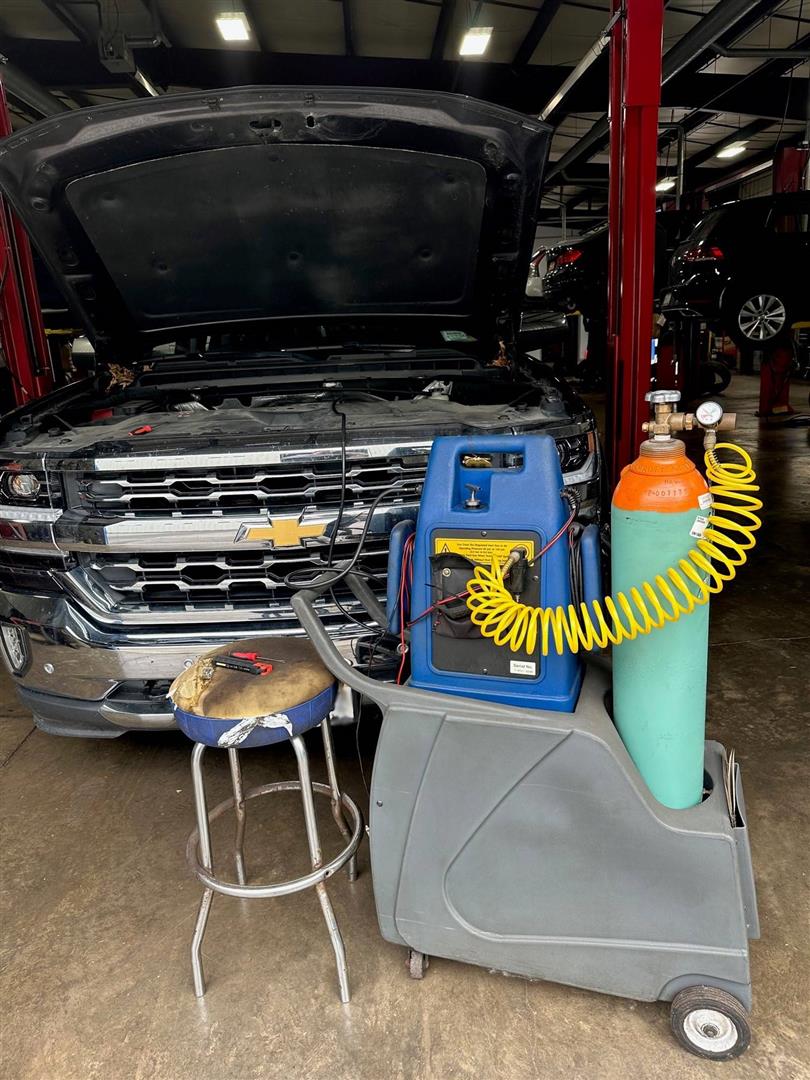
An EVAP test is like a checkup for your car to make sure it's not letting out bad stuff into the air. Understanding what it is and how it works is important. What's the EVAP System? EVAP stands for Evaporative Emissions Control System. This keeps gas fumes from escaping your car's gas tank. During an EVAP test, a mechanic looks for any holes or leaks in this system. How Does the EVAP Test Work? The mechanic first makes sure your gas cap is on tight and then tests your car's fuel system. They even use a machine that blows smoke into your fuel system to find leaks. Tips to Pass the EVAP Test To make sure you pass the EVAP test: 1. Always seal your gas cap tightly. 2. Don't drive your car with an almost empty gas tank. ... read more
Posted on 9/1/2023
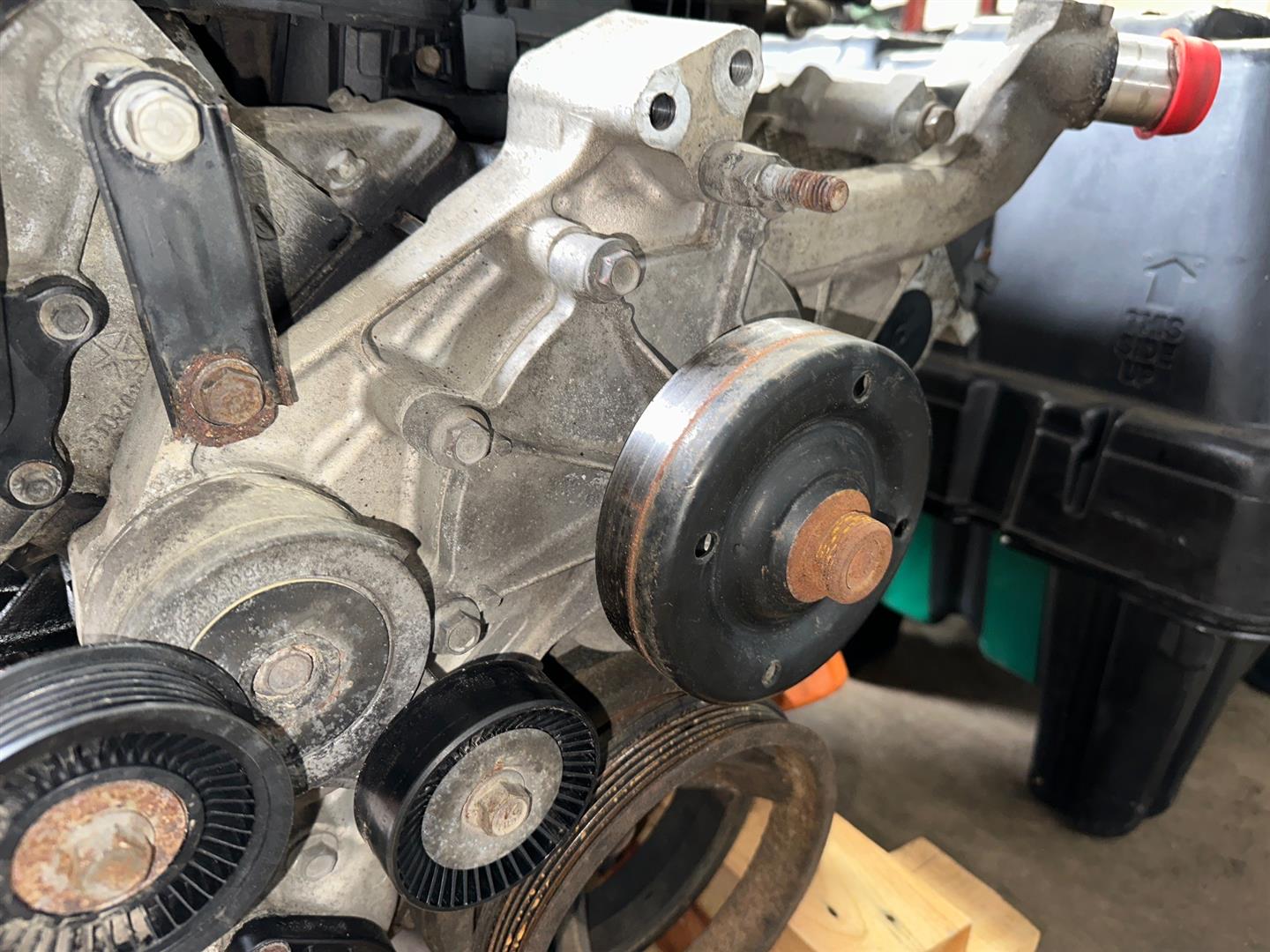
One of the most critical components of your car is the water pump. But what exactly is a water pump, and why is it so essential for your car? A water pump circulates coolant throughout the engine and transfers heat from the engine to the radiator. It maintains a consistent temperature throughout the engine. A water pump consists of a rotor, a housing, and an impeller. The rotor is connected to the engine's crankshaft via a belt. It rotates the impeller inside the housing, which pumps coolant through the engine. Due to a lot of mechanical wear and tear, water pumps tend to fail over time. The most common sign of a failing water pump is visible coolant leakage underneath your car. If you notice a leak, you sho ... read more
Posted on 8/31/2023
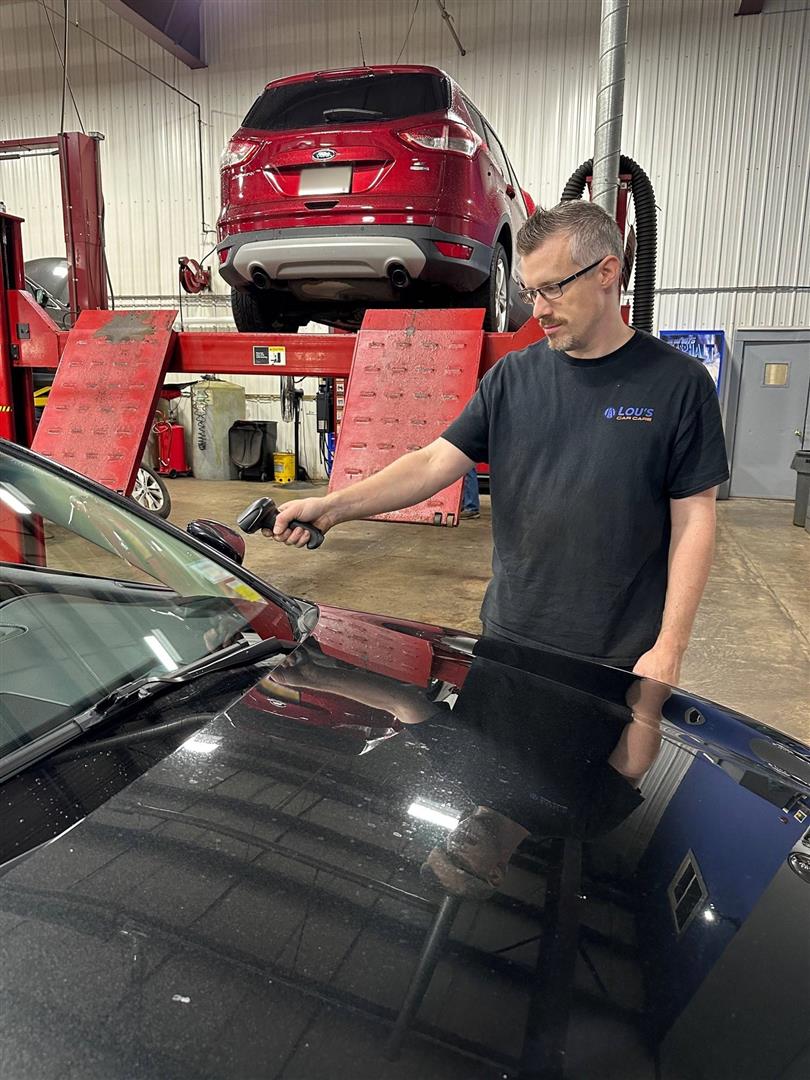
Is your car ready for a New York State (NYS) inspection? It's important to do this for a few good reasons. These inspections help keep our roads safe and lower the harmful stuff that cars put into the air. Let's talk about why you should get an NYS inspection and what goes on when your car gets checked. It's the law Every car registered in New York has to go through a checkup every year. This makes sure that all cars driving around meet the least amount of safety and clean air rules made by the DMV. More safety Getting your car inspected in NYS can help make sure you and the people with you are safe. This check looks at really important parts of your car like the brakes, lights, and tires. If something's not working right, they can tell you an ... read more
Posted on 8/24/2023
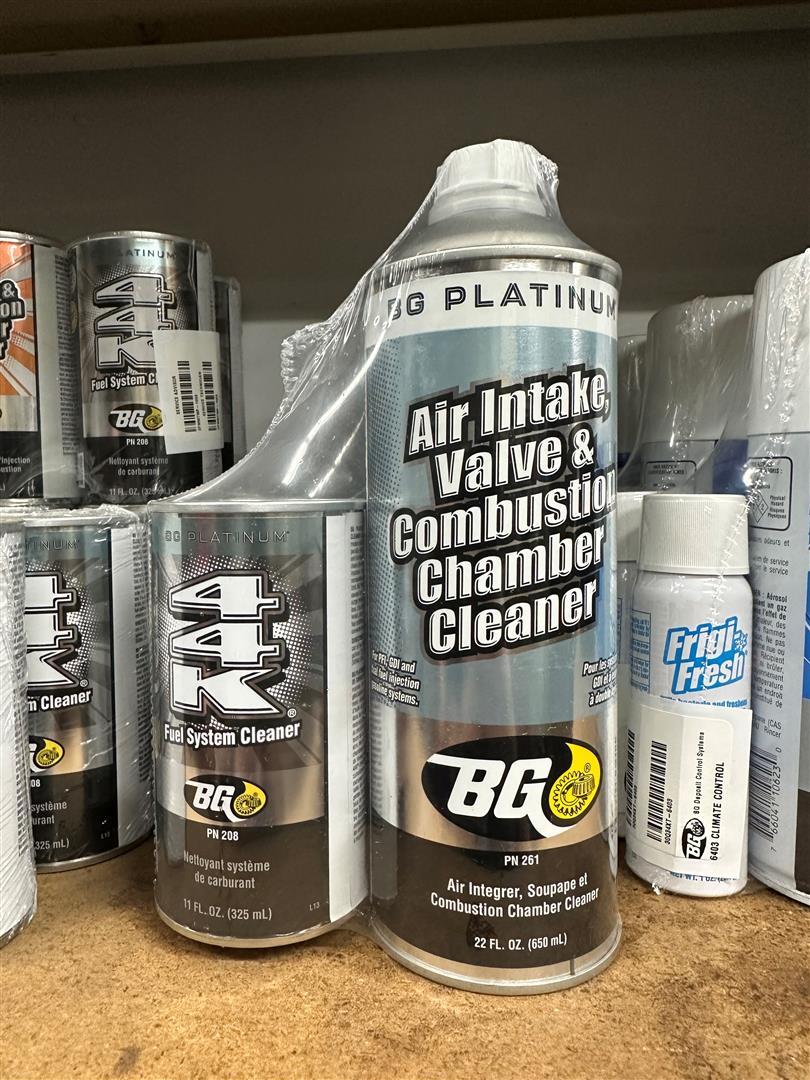
It's essential to maintain your vehicle regularly. One of the critical components of this maintenance is fuel system cleaning. This is also known as fuel injector cleaning. A fuel system cleaner is designed to eliminate dirt, debris, and other contaminants in your car's fuel system. The process involves adding a specialized fluid to your fuel tank. This fluid is then mixed with gasoline and runs through your engine to clean it entirely. Learn more about fuel system cleaners and how they can benefit your vehicle. Benefits of Fuel System Cleaning A fuel system cleaner can help you in several ways. It helps improve the overall performance of your engine. Regular use of fuel system cleaners ensures your engine runs smoothly. This increases your car's fuel efficiency and reduces emissions. Fuel system cleaners can also end or reduce knocking and pinging noises caused by the vehicle's engi ... read more
Posted on 8/1/2023
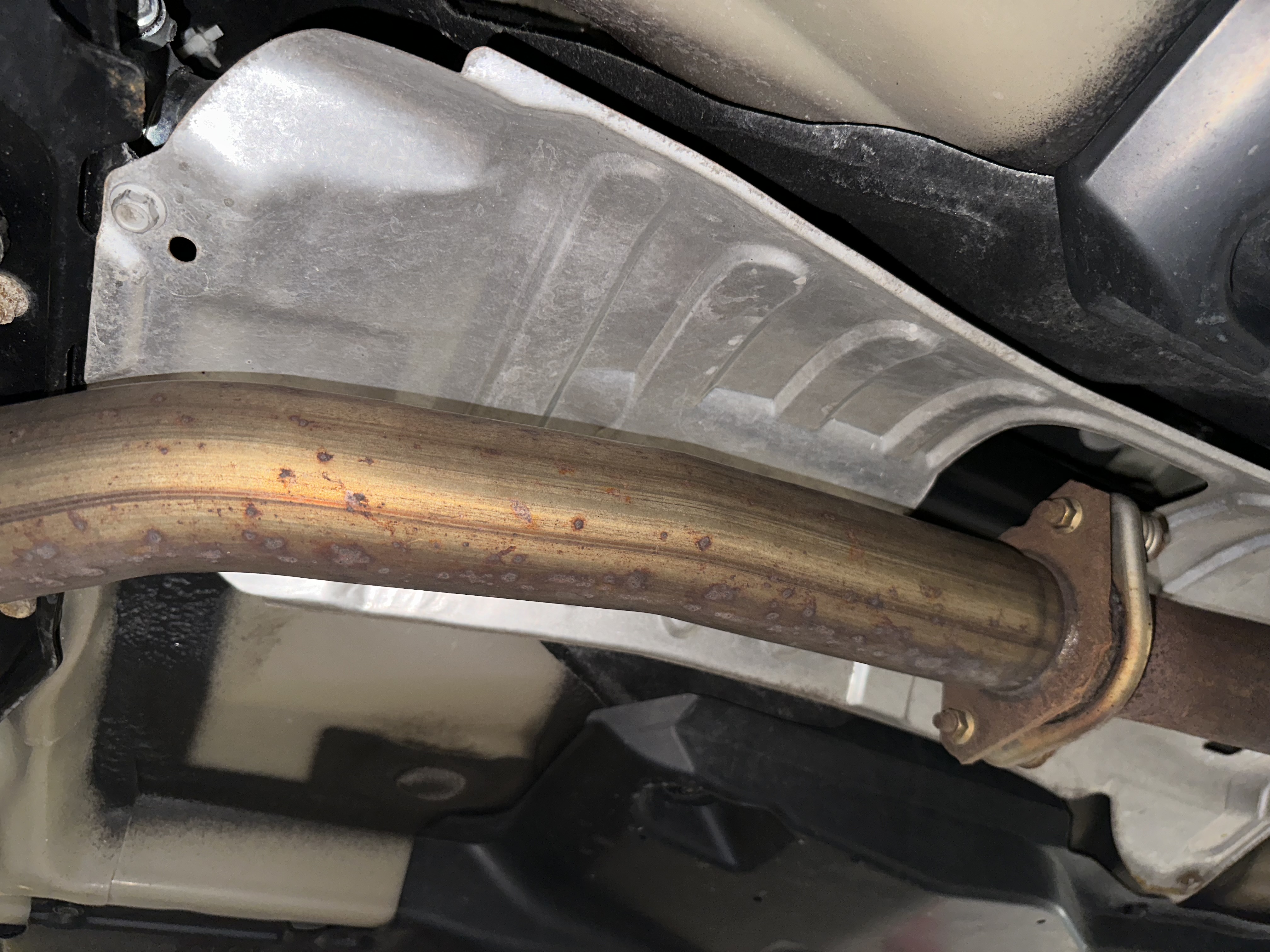
Heat shields are essential components found under vehicles. They protect parts from the intense heat generated by the engine and exhaust system. They act as thermal barriers. And are made of materials like aluminum, stainless steel, or fiberglass. These are known for their excellent heat reflection and absorption capabilities. You'll find heat shields strategically placed throughout your car, serving different purposes: Around the engine: They protect the engine block and intake manifold from the extreme heat produced during combustion. Around the exhaust system: Heat shields protect the exhaust pipes, muffler, and catalytic converter. This ensures they don't get damaged due to the high temperatures of exhaust gases. Under the car: They are also installed under the car. This will h ... read more
Posted on 7/6/2023
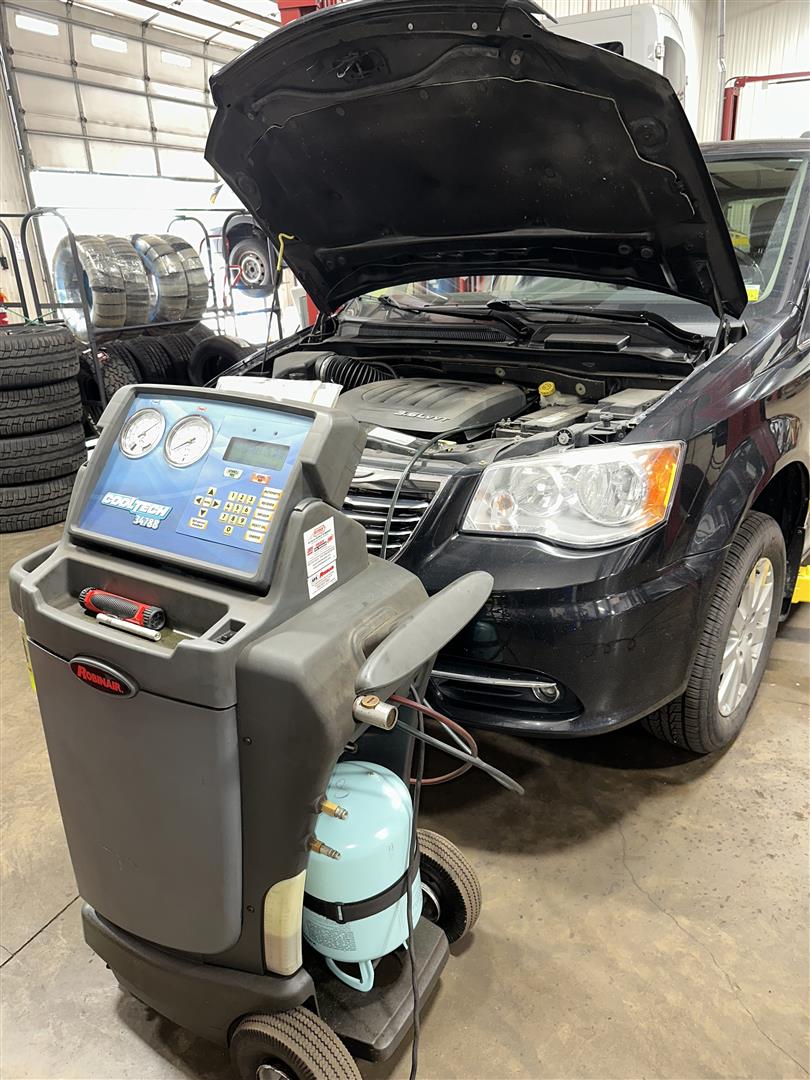
When it comes to air conditioning systems, Freon is an integral part. It is the coolant that makes air conditioning possible. But did you know that there are different types of Freon? Specifically, R134a and R1234yf Freon. Learn more about these two types of Freon and the benefits of one over the other. R134a, also known as HFC-134a, has been the industry standard for automotive air conditioning since the 1990s. It’s a hydrofluorocarbon (HFC). A type of synthetic refrigerant that does not contain chlorine. This makes it less harmful to the ozone layer compared to predecessors like R-12. R1234yf, or HFO-1234yf, was introduced in response to environmental concerns over the continued use of HFC-134a. This newer refrigerant is a hydrofluoro olefin (HFO). It has a much lower global warming potential (GWP) compared to HFC-134a. This refrigerant can only be used in ne ... read more
Posted on 7/6/2023
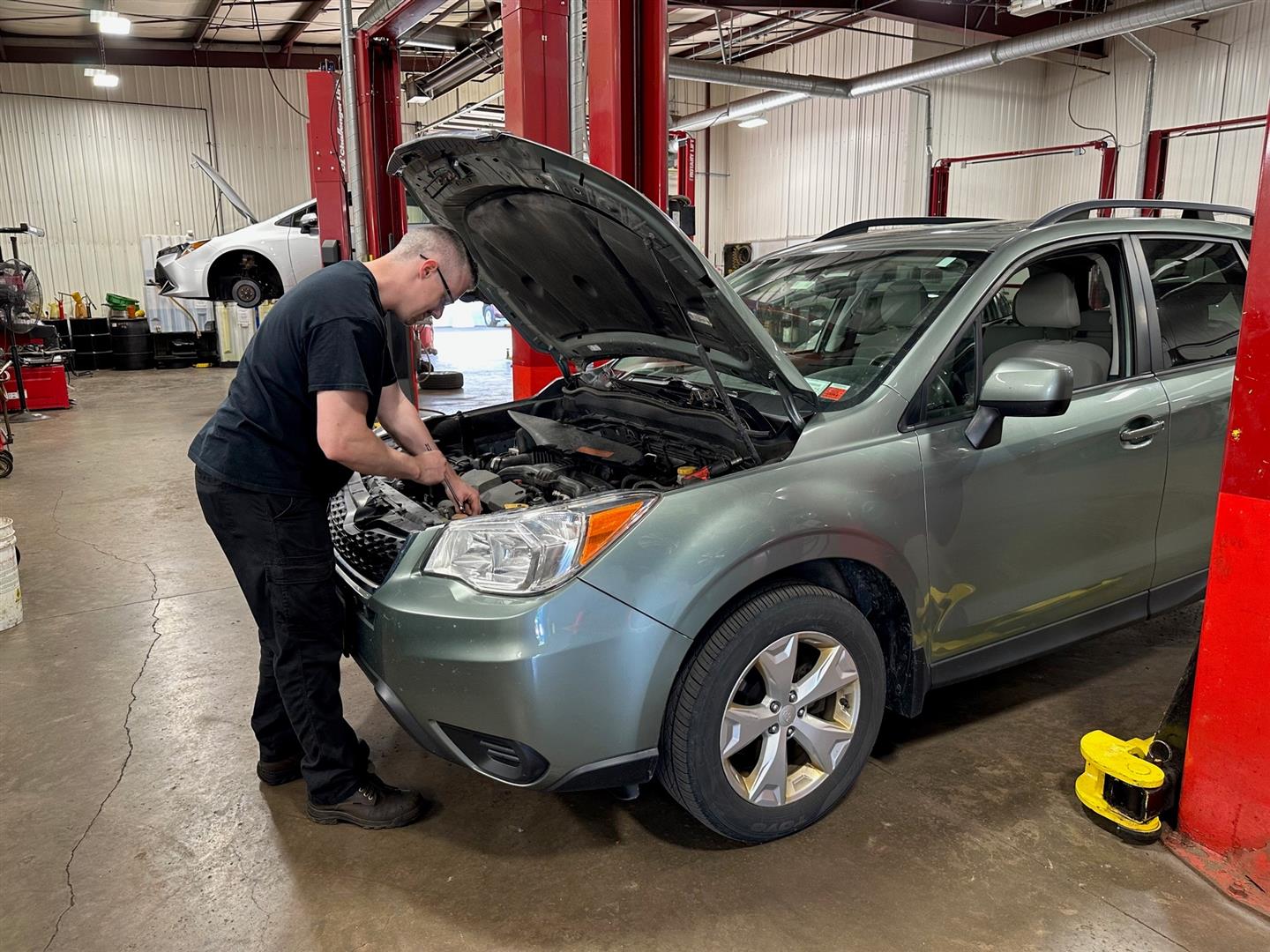
A common problem many drivers face is overheating. Serious engine and transmission damage can occur when a vehicle over heats. Learn more about what causes a car to overheat and how to avoid it. Low Coolant Level: Coolant or antifreeze helps keep the engine cool by circulating throughout the engine block and radiator. If there is not enough coolant, the system cannot dissipate heat. This causes the engine to overheat. Check the coolant level often and add more if necessary. Broken Thermostat: The thermostat controls the temperature of the engine. It can cause the engine to overheat or run too cold if it fails. A thermostat can break for reasons, such as corrosion, wear, or a mechanical failure. Have a mechanic replace your thermostat if you think it may be broken. Radiator Problems: The radiator dissipates heat from the engine that the coolant has absorbed. If the radiator is clog ... read more
Posted on 6/19/2023
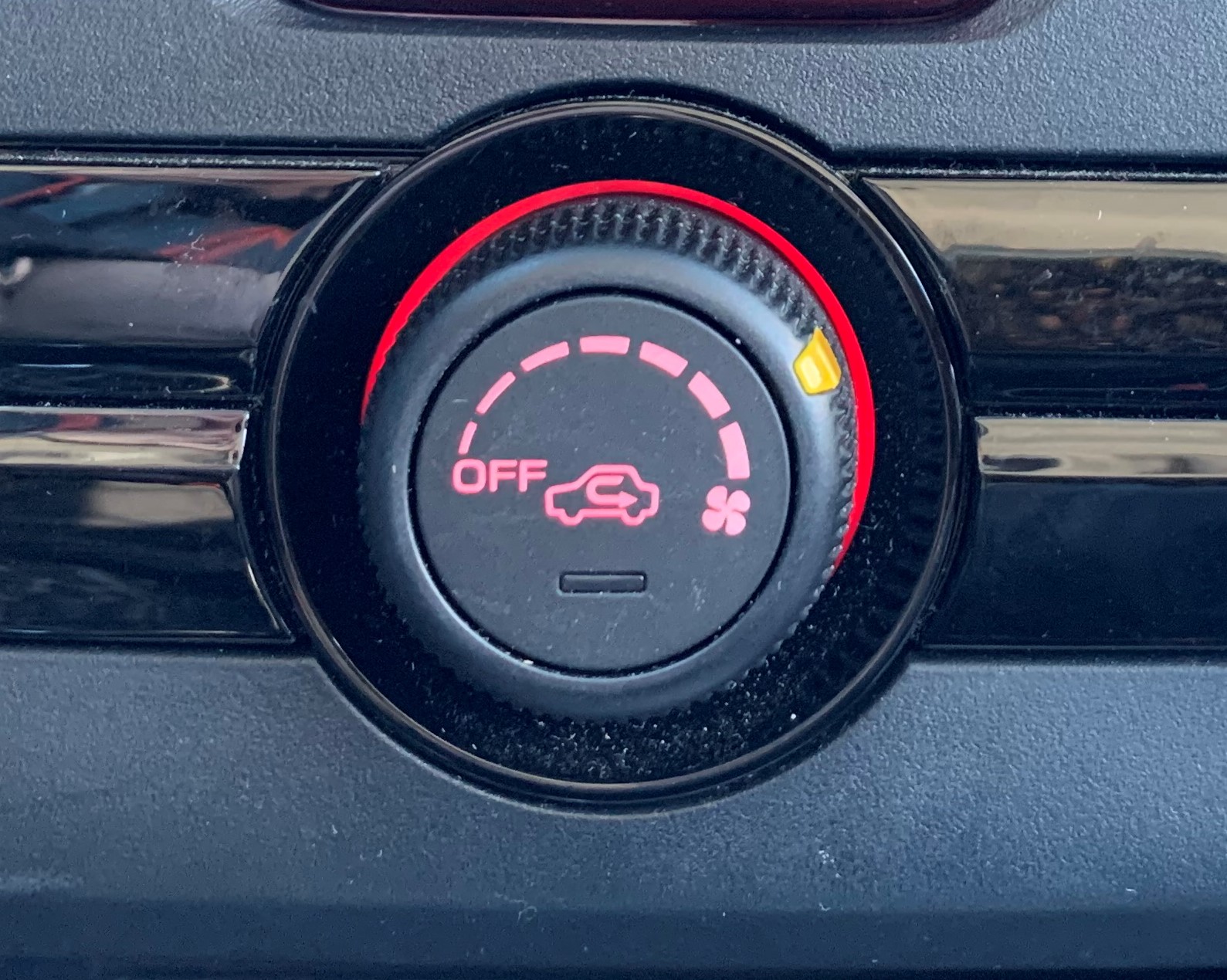
Have you ever noticed the recirculate button on the AC control panel in your car, truck, or SUV? The recirculation button is a common feature found in many vehicles but its purpose isn't always clear. This feature is important for both driver and passenger comfort and vehicle health. Learn more about what this button does, and why it’s important to use it properly. The Function of the Recirculation Button The recirculation button is actually a setting on your vehicle's air conditioning system. It redirects air from within the vehicle back into the AC system to be cooled again. This keeps the cabin cooler for longer. When you press it, your air conditioner will limit or shut off the amount of outside air it brings into the cabin. Your AC unit will continue to circulate already-cooled air within the vehicle itself. This can help maintain optimal temperatures q ... read more
Posted on 6/6/2023
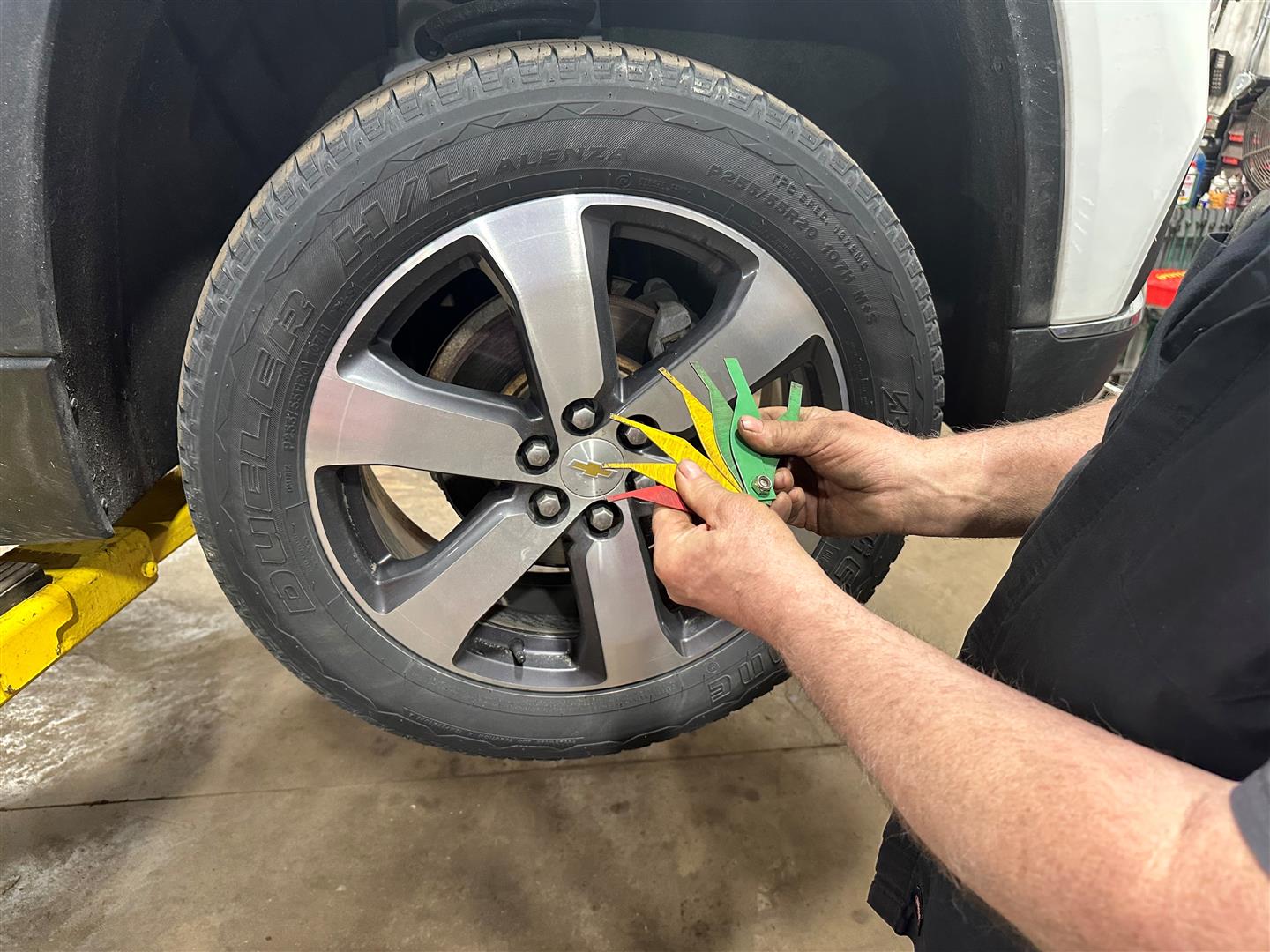
Brake pads are a crucial component of your vehicle’s braking system. They help you stop your vehicle when you need to and ensure the safety of you and your passengers. Over time, brake pads wear out and need to be replaced to maintain the optimal performance of your vehicle. But how do you know when it’s time to change them? Learn how to measure brake pads and determine whether they need to be replaced. Measure the thickness of the brake pad: The thickness of the brake pad is the most essential aspect when considering replacement. Ideally, the thickness of the brake pad should be at least 1/8 inches or more. Use a micrometer to measure the brake pad’s thickness. The micrometer measures the thickness of the pad from the backing plate to the outer edge of the friction material. Use the brake pad wear indicator: Some brake pads come with a wear indicator. The wear indicator is a ... read more